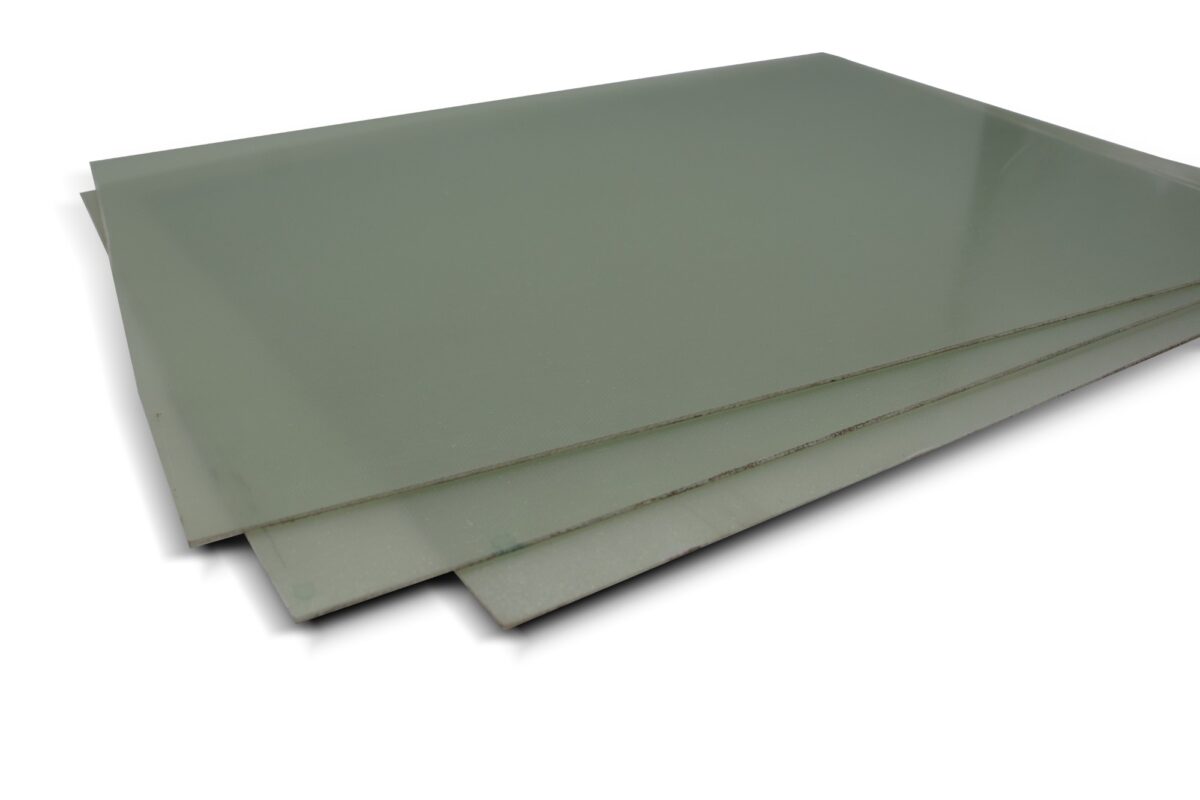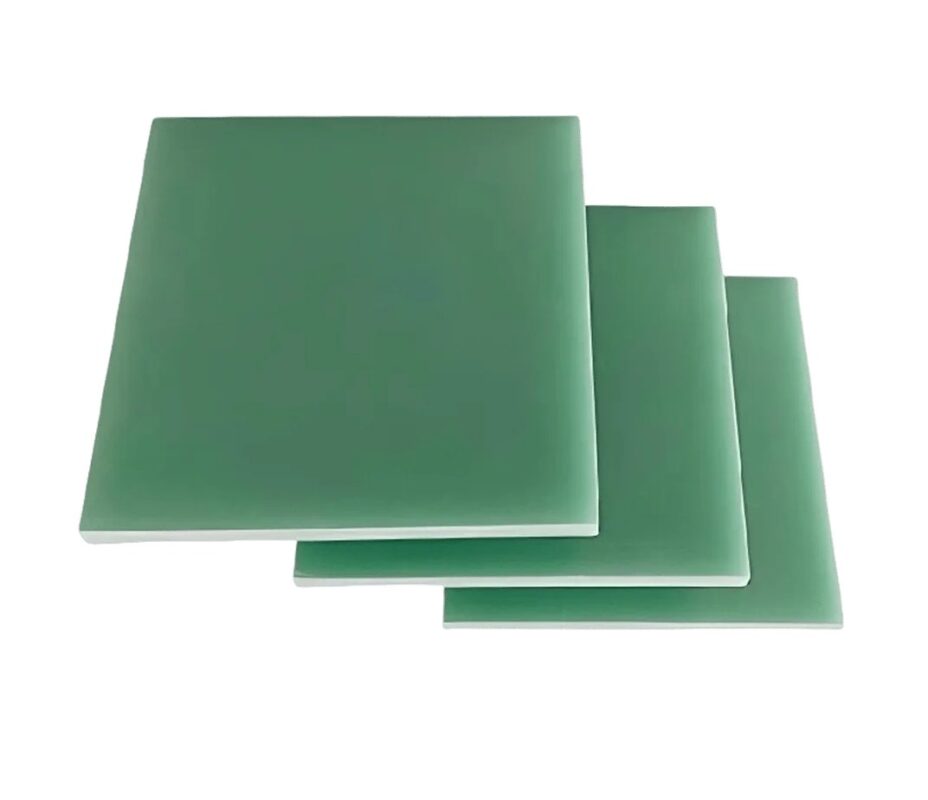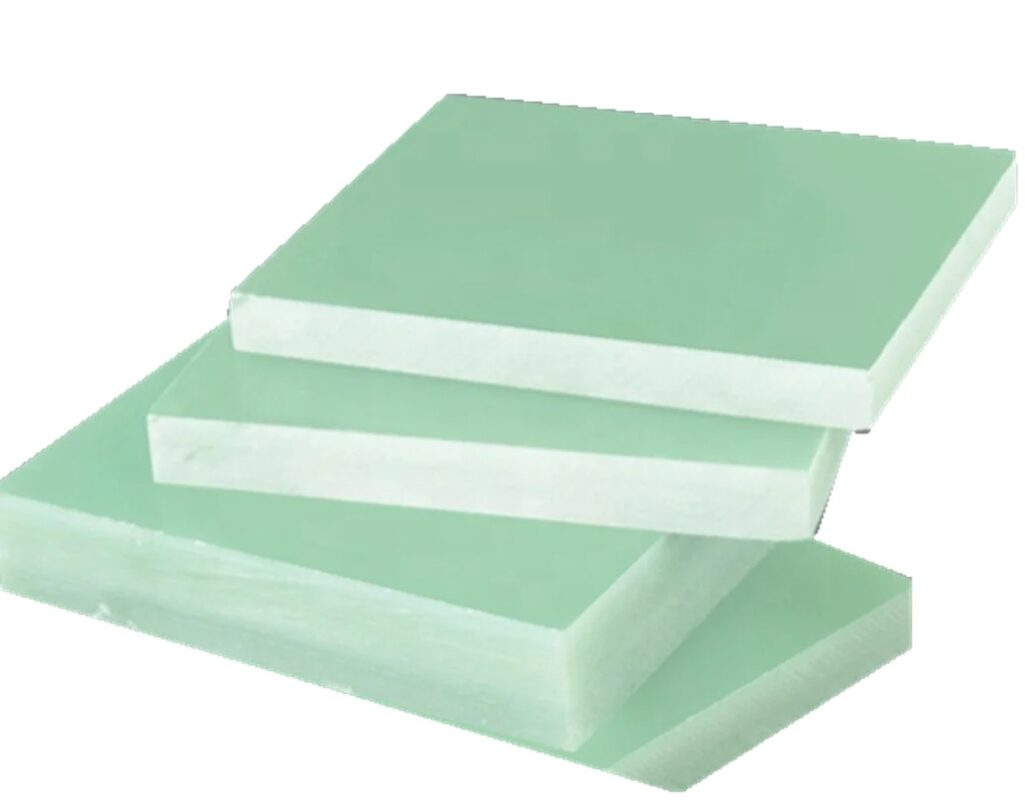GLASS EPOXY (G10/FR4)
Glass Epoxy (G10 / FR4, FR5 / G11, GPO3) – Advanced Electrical Insulation Materials
At Hason Industries, we specialize in a complete range of Glass Epoxy Laminates, widely used for electrical, electronic, and industrial insulation applications. These materials combine excellent dielectric strength, high mechanical stability, and superior flame resistance, making them ideal for switchgear panels, transformers, motors, control enclosures, and automation fixtures.
Available Range
• Sheet Thickness: 0.2 mm to 100 mm
• Machined Components: up to 2000 mm × 3000 mm
• Manufacturing: CNC milling, routing, and precision finishing
• Quality Control: ISO-based dimensional verification, edge finishing, and batch traceability
Why Choose Hason Industries
• In-house CNC machining for precise custom components
• Tight tolerances and smooth edge finishing
• Zero delamination during complex machining
• Rapid prototyping and replacement part service
• Reliable support for switchgear, automation, and pharma environments






